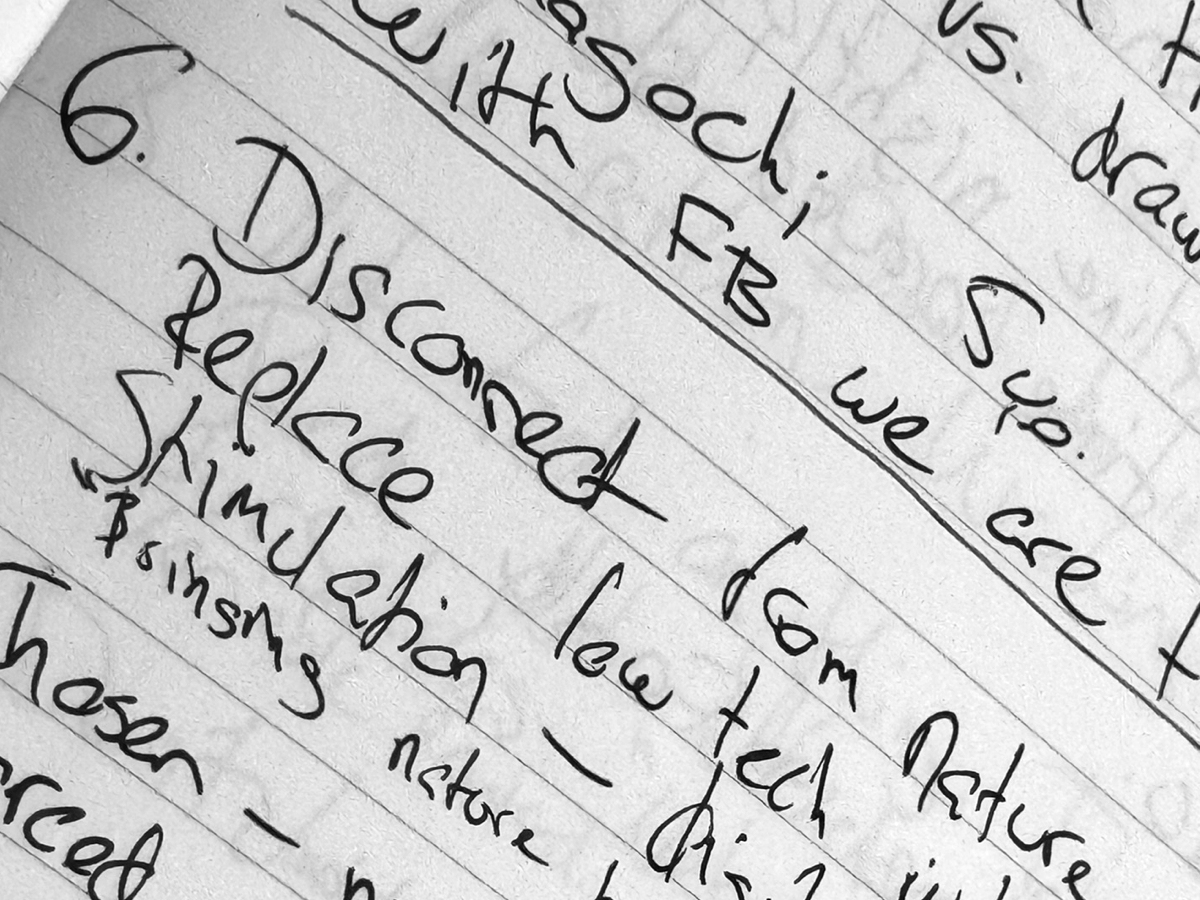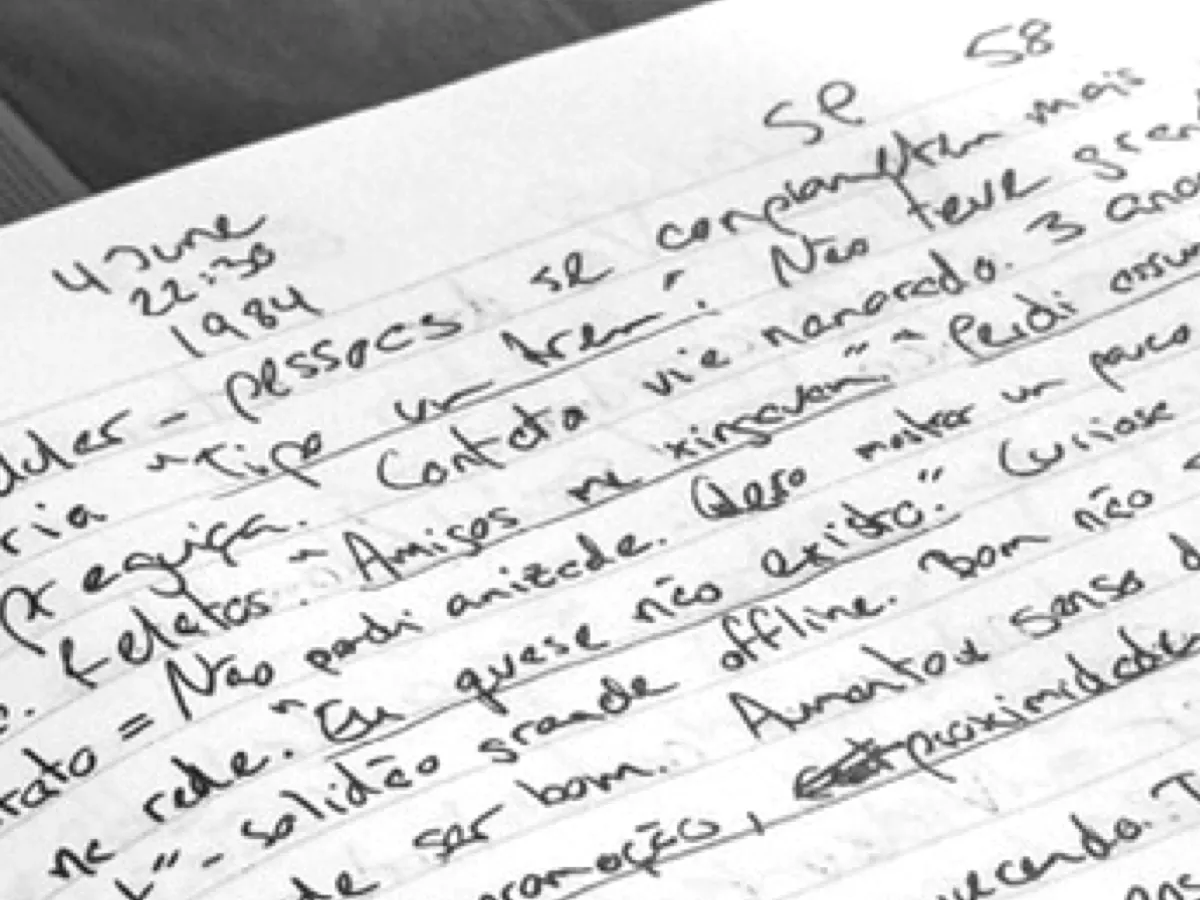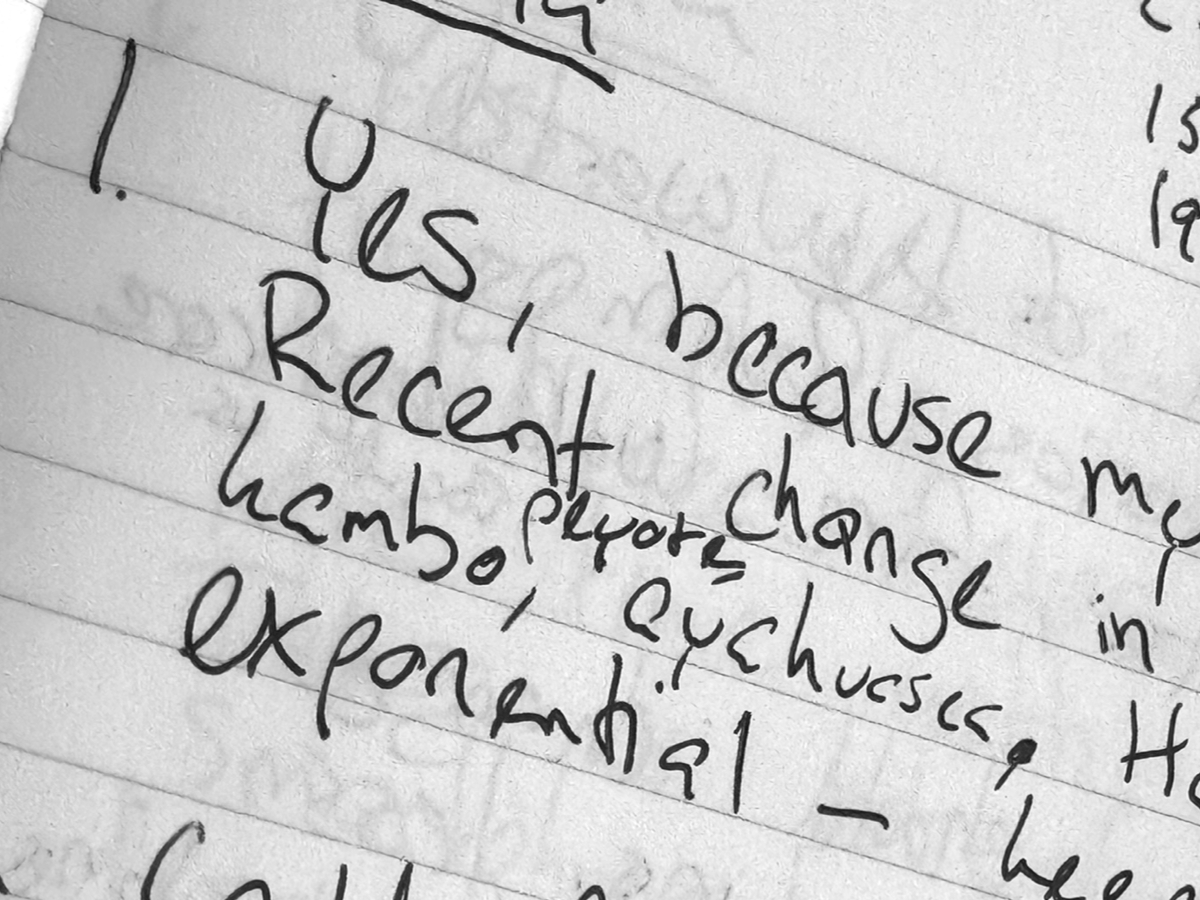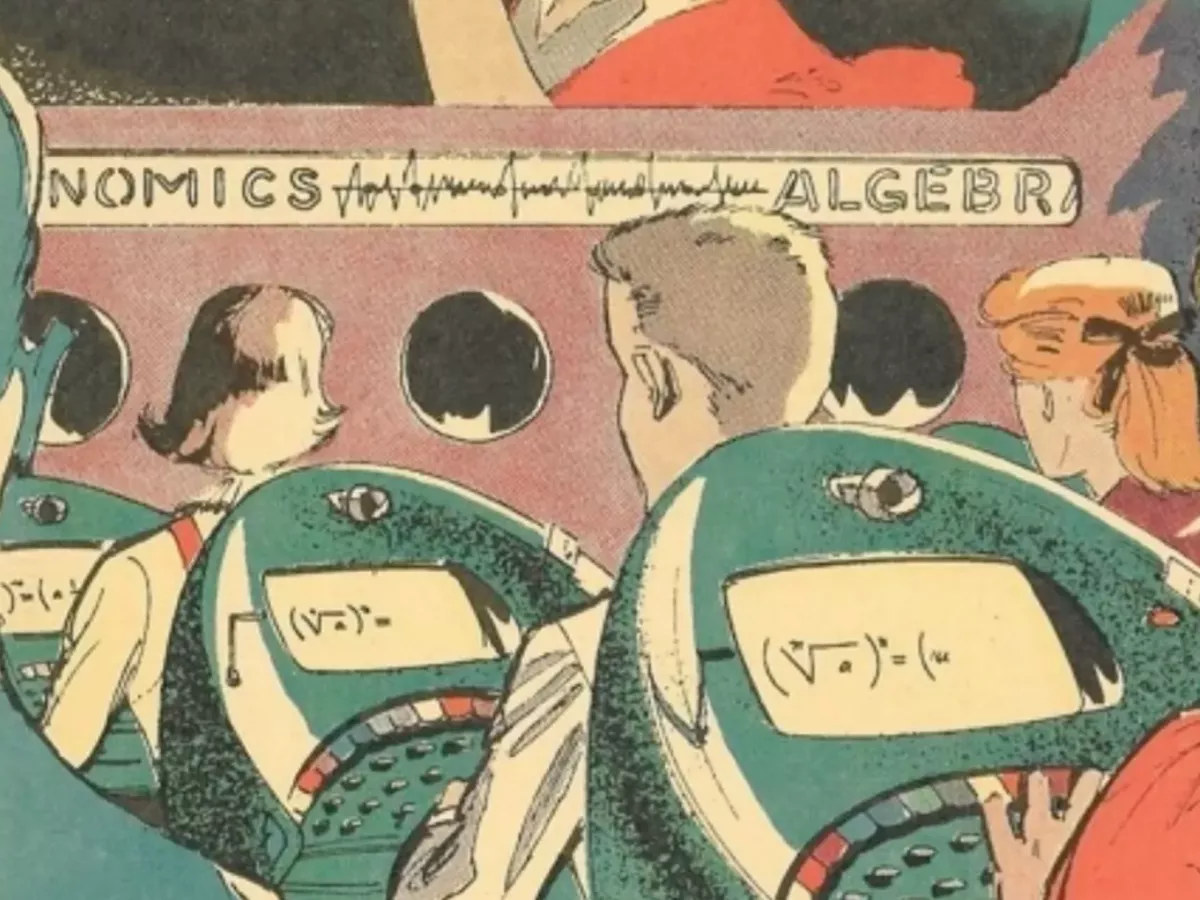Nothing truly worries me about the future.
I believe humans are fundamentally capable of managing their collective affairs well, save for the occasional genocide. Despite showing virtually unlimited capacity for harming ourselves and the planet, I believe we tend towards betterment more often than descending into pandemonium. Overall, on average, the world improves. We should strive for elimination of suffering in ourselves and others, to which we seem to tend.
Most people I speak with disagree, citing climate change, extremism, hate, technological exclusion and many other concerns about our impending future. These issues are pressing, but qualitatively different from what I fear, which is not a particular future utopian or dystopian scenario, as much as the posture through which we carry ourselves into the future.
I worry whether we go forth thinking of ourselves as in control – or whether we feel defeated by our creation, as if technology has somehow already won and we are left suffering the consequences.
In many aspects, the Cassandras are right. Rescuing our environment from impending collapse looks increasingly unlikely and the effects of social polarization seem insurmountable. Over half of interviewees experience the future as out of control, governed by greater powers. Some event hint at predetermination – a future indifferent of our actions and intent.
I see the future as malleable. A limitless menu of potential outcome, possibility collapsing into actuality. Some outcomes are more likely than others – yet they’re all conceivable.
The primary factor determining which future we experience depends on how humans act collectively, such as through democratic elections or the formation of shared beliefs like money or religion.
The near future looks almost entirely like the present, plus or minus the events which might / might not shift the needle of plausible outcomes towards actuality. Existing power structures tend to remain while beliefs and culture change only at a glacial pace.
The exception seems to be technology, which delivers new possibilities at an accelerating pace. The mismatch between artificial clock speeds and our physical reality causes strife. Technology regularly outpaces us in our ability to understand and internalize its consequences, often harming some unwitting members of society in the process.
I worry about people not appreciating to what degree the future is something we actively create together, rather than something handed down from the past. All belief is malleable, all history is story, an agreed-upon narrative, changed by those who will. Whether in service to themselves or others, the future is crafted by individuals who commit to change. Public servants, parents educating children as better citizens, or software engineers building the systems that govern our collective decisions – we are all both actor and audience member in this play.
We can change the narrative.
In challenging the norm and understanding the consequences of our actions, we create reality. The emperor has no clothes. If enough people stop believing in something, it ceases to exist. The natural world is unperturbed by our thoughts. Most of the world we actually inhabit exists as shared belief. Our social roles, professions and relationships are mutually reinforced agreements. These systems could benefit the majority – and sometimes do – but often tend towards strengthening deeply seated power structures like financial capital or social status.
I worry about insufficient collective awakening. We make our own future. The more people realize this, the more pluralistic and inclusive our society can become. Democratic futures that benefit the majority. Failure to realize this shift is my greatest fear.



